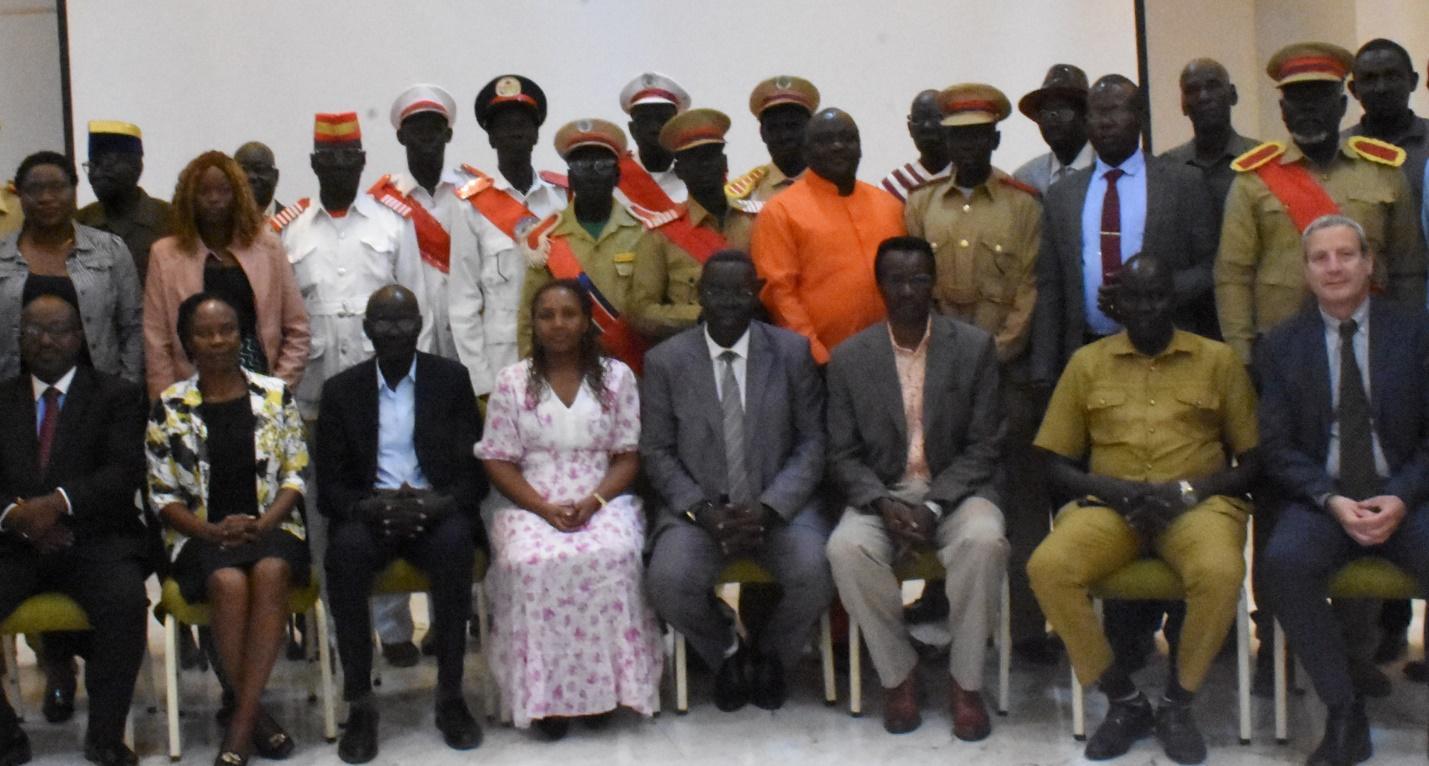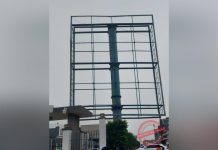Matia Samuel
Africa-Press – South-Sudan. The undersecretary in the Ministry of Justice and Constitutional Affairs, Dr. Gabriel Isaac, said that traditional leaders need to be more involved in the country’s implementation of transitional justice.
Speaking in Juba at the opening of a sensitization workshop on Transitional Justice for South Sudan Customary and Formal Justice Sector leaders, said training traditional leaders would strengthen the country’s justice system.
“Qualifying the Faculty of Law in South Sudan is not the important part; the important part is you the traditional leaders who can settle issues and tell the truth in your communities,” he said.
“This peace agreement is not disseminated to you to know what this peace agreement is about. You are the pillars for the law and the peace in this country,” he added.
In the same event, the senior humanitarian advisor of RJMEC, Esther Kyewalabye, stressed that the interlink between transitional justice and the work of traditional authorities is provided for in the Revitalized Peace Agreement and should be taken into account.
“The Agreement therefore contemplates a space, platform and mechanisms that enable traditional justice and reconciliation processes to play a key role in the attainment of transitional justice goals and objectives in South Sudan. This is an important opportunity South Sudanese traditional and informal customary justice leaders must seize with utmost urgency,” she said.
According to her, RJMEC is of the view that “the provisions of transitional justice must be substantially implemented ahead of elections to promote truth-telling, justice, reconciliation, healing and reparations to catalyze South Sudan’s journey towards sustainable peace.”
“RJMEC will continue to remain seized of its mandate and continually remind the parties to the R-ARCSS of their obligations to adhere to the full implementation of the R-ARCSS, including those sections related to dealing with past injustices,” she vowed.
The event was organized by the International Centre for Transitional Justice (ICTJ), and it brought together traditional leaders from all the states and three administrative areas to provide sensitization on customary justice.
Source: The City Review South Sudan
For More News And Analysis About South-Sudan Follow Africa-Press






